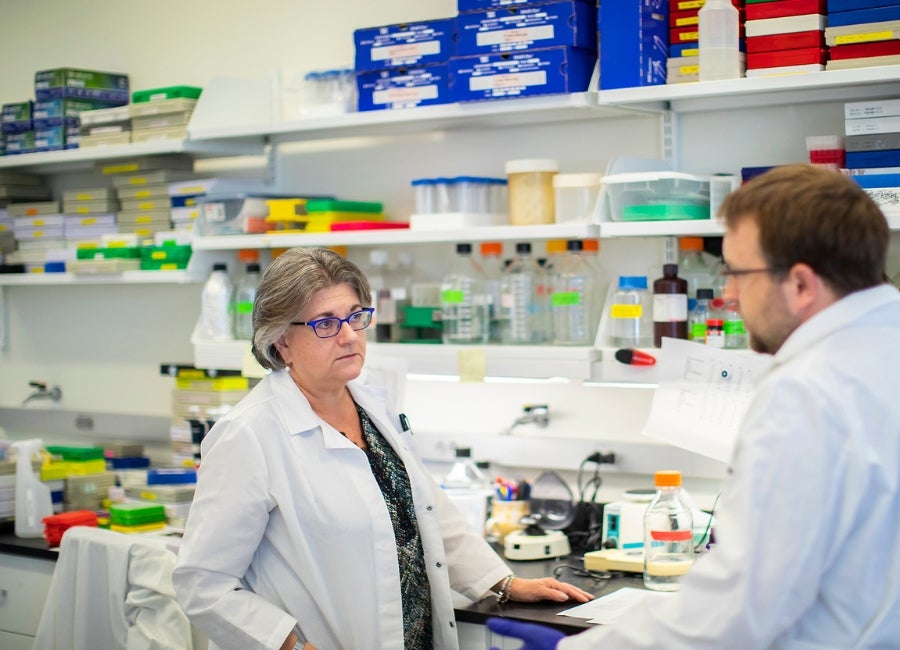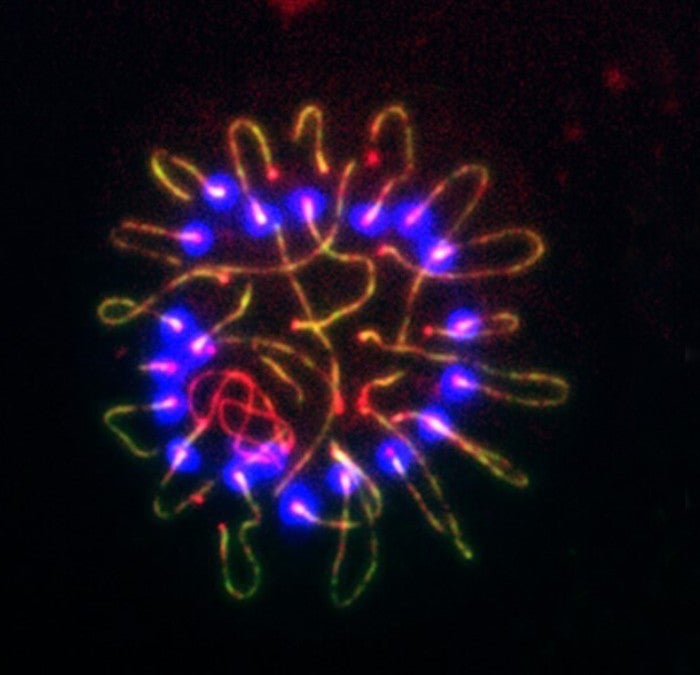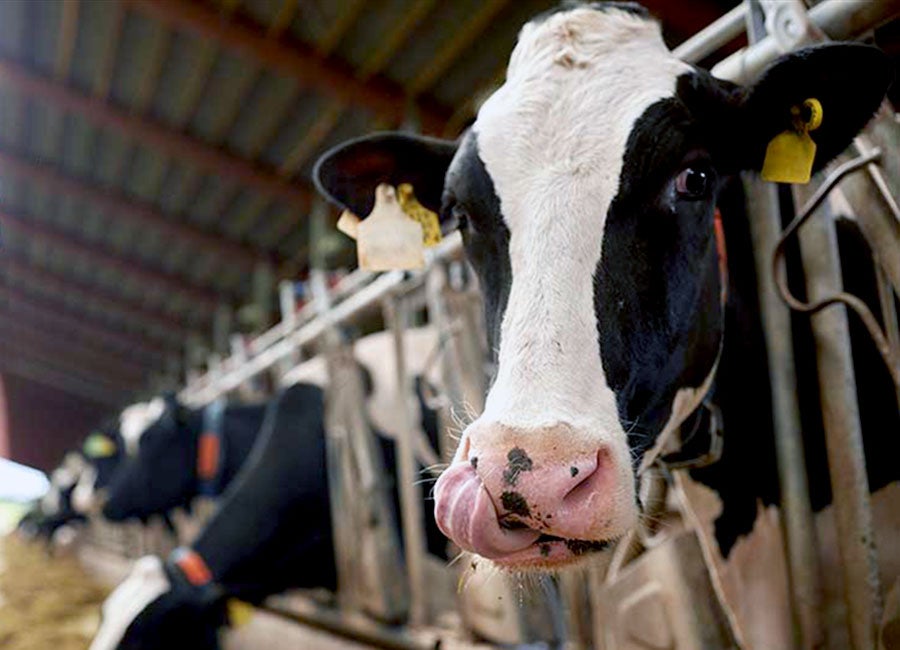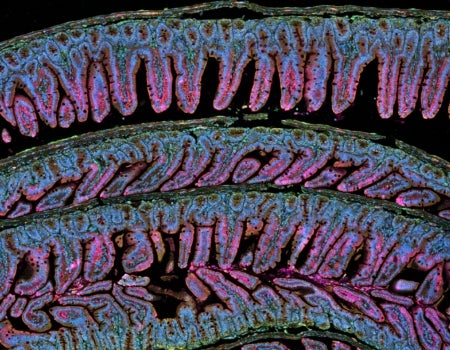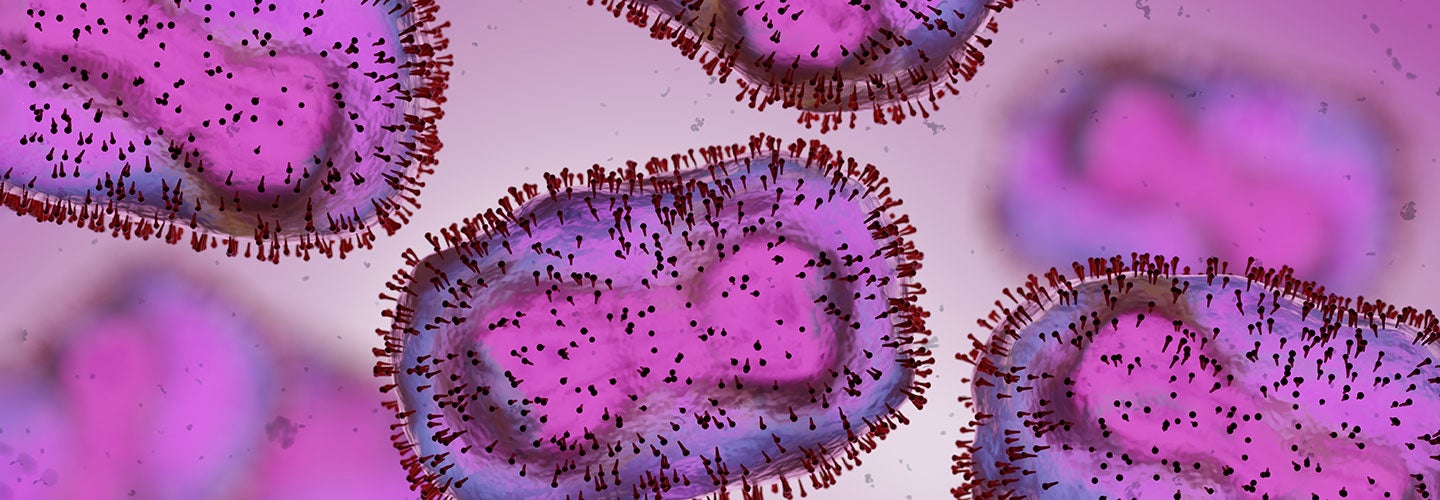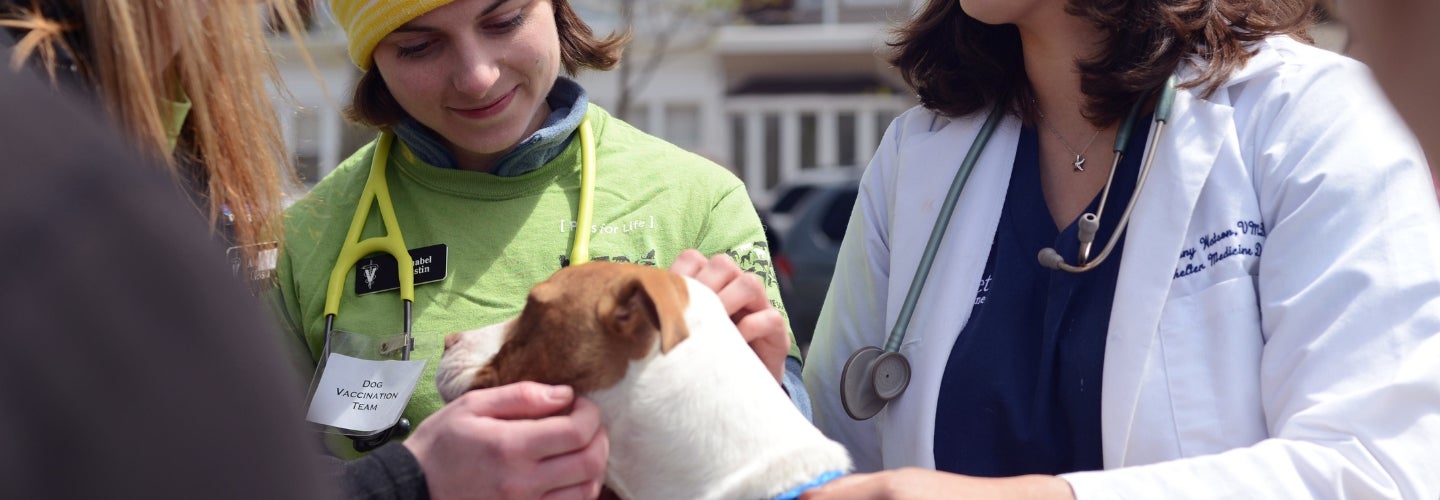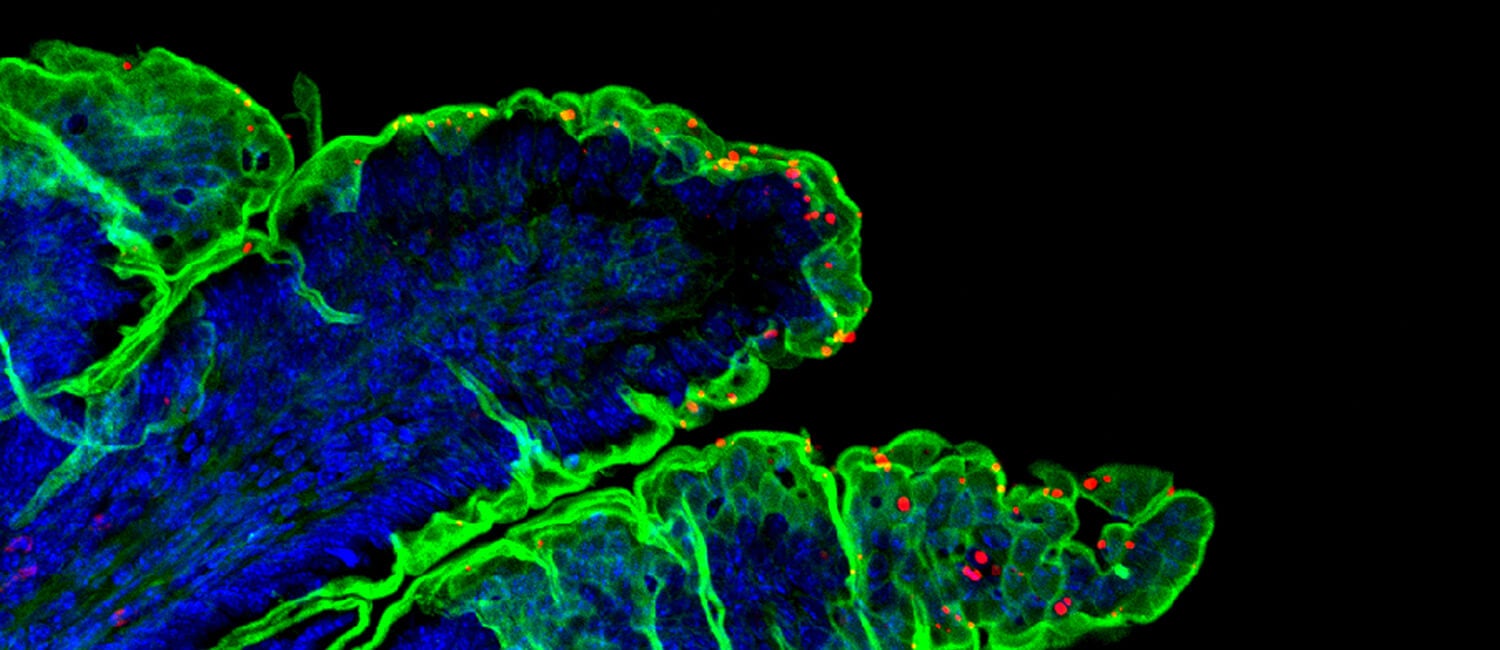
Research
Penn Vet scientists bring a valuable veterinary component to the table of scientific exploration, creating novel applications to improve animal health outcomes while also providing invaluable translational knowledge needed to advance human health.
Accelerating Research
Penn Vet’s research centers and programs (RCPs), and faculty laboratories, serve as a hub of discovery where scholars, students, and members of Penn’s biomedical community accelerate veterinary medicine’s impact on animal, human, and environmental health worldwide. Penn Vet’s RCPs generate courses, academic programs, community outreach, peer-reviewed research, and partnerships among academics, government, and industry.
In addition to its strengths in biomedicine, Penn Vet has a distinctive niche in infectious disease research, particularly in the areas of immunology and host-pathogen interactions, with robust research portfolios in neglected tropical diseases and diseases of poverty such as hookworm, the acute parasitic disease Schistosomiasis, malaria, Ebola, and other hemorrhagic viral illnesses.
Leveraging experience
Universally Recognized
Faculty Labs
Nationally in per-faculty funding from NIH
Research Centers and Programs
Featured Center
Penn Vet Cancer Center
The Penn Vet Cancer Center is where cutting-edge research meets compassionate care. It’s where human and veterinary medicine converge.
Research and Core Laboratories
Penn Vet faculty are engaged in ongoing, groundbreaking research. Additionally, our research facilities include state-of-the-art core laboratories. Learn more about both the Philadelphia and Kennett Square campuses research.
connect
Research Events and Newsletter
Attend one of our many events that focus on the tremendous work of our faculty and read our research newsletter.

Research News

Penn Vet’s Next Gen Biomedical Scientists Present Their Research at the Annual Veterinary Scholars Symposium
Two dozen budding Penn Vet scientists presented a rich array of ambitious biomedical research projects at the annual Veterinary Scholars Symposium held last month in Spokane, Washington.

A New Penn Vet Clinic Brings Support and Hope for Dogs with Retinal Disease
Zoey the cockapoo greeted life with tail-wagging joy. A mass of tawny curls, she loved everyone, and they loved her back.
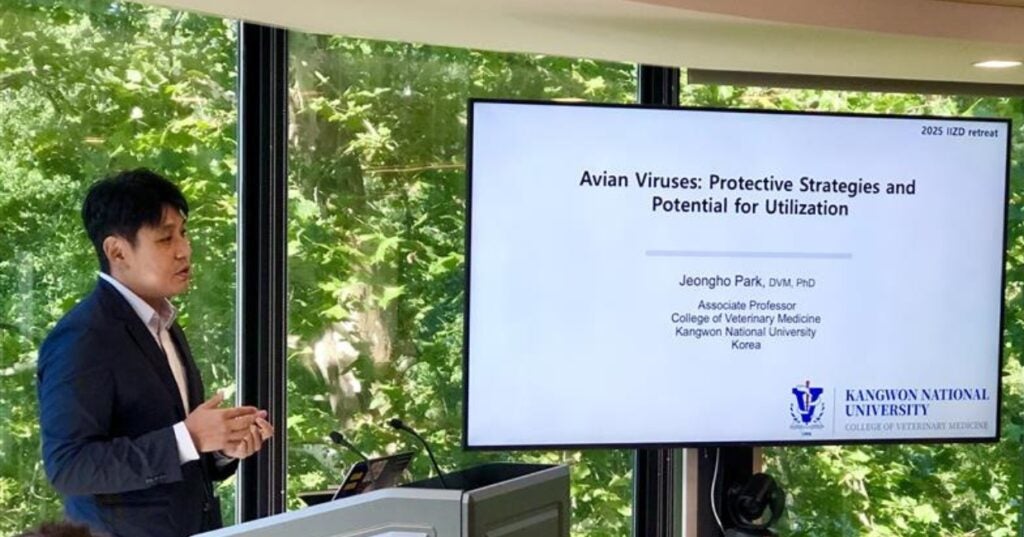
Penn Vet’s Institute for Infectious and Zoonotic Diseases Hosts Second Annual Research Retreat
The University of Pennsylvania (Penn) School of Veterinary Medicine’s (Penn Vet) Institute for Infectious and Zoonotic Diseases (IIZD) hosted its annual Faculty Research Retreat on September 3 at the Brandywine…

Breakthrough Discovery Reveals How Connection Between Mitochondrial Vulnerability and Neurovasculature Function Impacts Neuropsychiatric Disease
Research from University of Pennsylvania School of Veterinary Medicine and Children’s Hospital of Philadelphia suggests that repurposing a cholesterol drug may benefit 22qDS patients with neuropsychiatric disease

